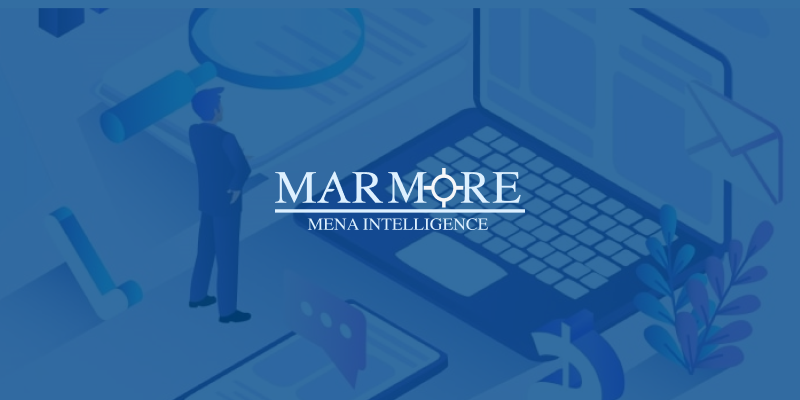The approval of the GCC VAT means that the countries and the business enterprises operating in them will face a tight timeline of 18 months to prepare for the opening phase of VAT implementation by January 1, 2018. It is expected that the rate will be low, likely around the 5% mark (Ministry of Finance of the UAE). As a general consumption tax, VAT will apply to the majority of commercial transactions in goods and services.
When VAT goes into effect, it will mean that businesses will be responsible for diligently documenting their business revenue and costs and related VAT charges. Registered businesses and traders will apply VAT to all of their clients or customers at the prevailing rate and incur VAT on goods / services that they purchase from suppliers. There are indications that the GCC is taking the implementation of the VAT very diligently, since it will help in diversifying the income bases of the various countries. According to the UAE Ministry of Finance, rules that mandate businesses to be clear about how much VAT is being paid for each transaction will be included. This means that businesses will possess the required information to decide whether to purchase something or not.
Given the momentous development, business owners in the GCC will have to prepare at multiple levels. It should be noted that not all businesses will have to register for VAT. Businesses that meet a certain minimum annual turnover specification will have to register for VAT. This means that many small businesses will not have to register for VAT. Thus, small businesses will not have to face the rigorous documentation and reporting that a tax regime like VAT needs. Moreover, businesses will not have to register with the government if they only offer goods and services that are not subject to VAT.
Various GCC governments have not finalized and announced the specific conditions (such as minimum yearly turnover) that will aid in identifying businesses that do not have to register for VAT. For companies that will come under the VAT regime, the following responsibilities or actions will generally apply:
- Charging VAT on taxable goods or services they sell;
- Reclaiming, if eligible, any VAT they’ve paid on their goods or services sold;
- Documenting and maintaining an array of business records that will allow responsible government agencies to verify the data and information with respect to the processes.
Since the final responsibility and total accountability to comply with VAT is on the registered business, it is essential that enterprise financial records are accurate and fully updated. It may be prudent for businesses that are not VAT registered to maintain detailed financial records in any event, so that they can comply with the VAT regime if any change in policy suddenly brings them into the VAT bracket. Once the VAT is in place, VAT-registered business have to report the amount of VAT that they charge and the amount of VAT they pay to the government on a periodic basis.
The reporting or submissions will be a formal process; and probably, the submissions are likely to be made online (i.e., e-capable) in the case of many GCC countries. If a business is charged more VAT than they have paid, the difference will then have to be paid to the government. Conversely, if a business has paid more VAT than it has been charged, then the difference can be reclaimed. Thus, in light of the complexity and the detailed processes underpinning VAT, businesses will need to take the following steps to prepare to meet their VAT commitments (Deloitte Touche Tohmatsu Limited).
- Studying and understanding VAT registration requirements and the process of making an application for a VAT registration number.
- Ensuring that the pertinent books and records are maintained in the mandated manner.
- If needed, negotiating and revising terms of business with customers for ensuring that VAT becomes a cost to purchasers; and not to suppliers.
- Organize enterprise resource planning (ERP) systems for ensuring their operational preparedness to meet the charging and recovery processes of VAT.
- Preparing the capability for manual VAT accounting processes, if no centralized ERP system is in place or cannot be afforded.
- Structuring invoicing templates afresh to ensure that new fields needed for VAT accounting are included.
- Due diligence of the entire finance and accounting function in order to maintain keener oversight of company cash-flows, particularly in relation with intercompany transactions.
- Taking stock of whether skill sets needed in terms of tax expertise need to be brought in or contracted.
Stay Tuned To Marmore MENA Insights!
Never miss a patch or an update with Marmore's Newsletter. Subscribe now!
Related Article
Kuwait’s Approval of Public Debt Law: Re-emerging on Investors’ Radar
Kuwait has passed the long-awaited debt law in March 2025. The blog explores the importance of the law, the expected benefits and outlook for the countrys return to debt markets.
Read MoreThe Dynamic Rise of Fintech in the GCC
The convergence of technology and finance is reshaping the GCC Financial Ecosystem. The blog explores key players, regulatory framework and market dynamics of Fintech in the GCC region.
Read MoreHow secure are GCC banks compared to their global counterparts?
The blog examines the impact of cyber attacks on financial institutions and the resiliency of GCC banks compared to their global counterparts
Read More




